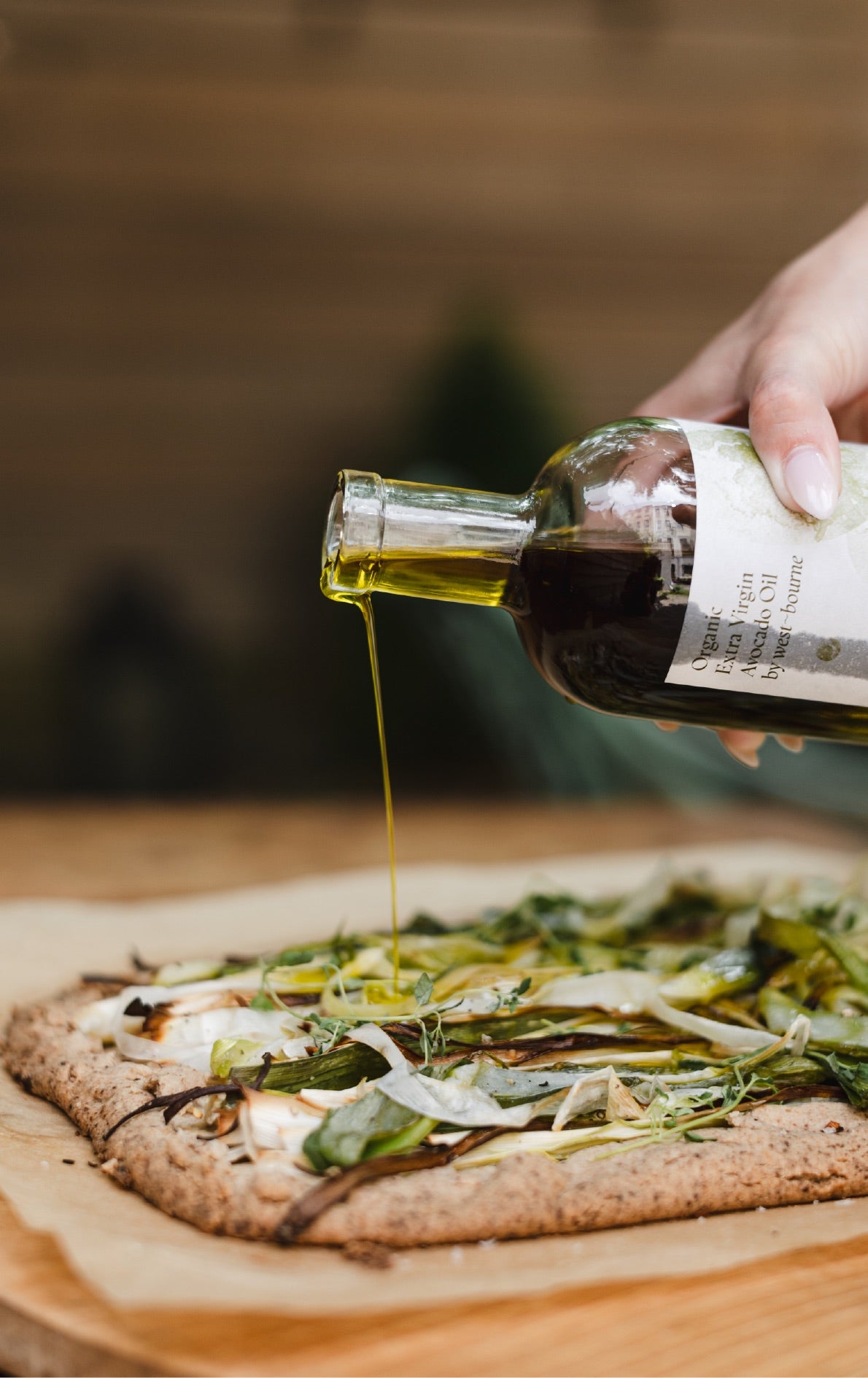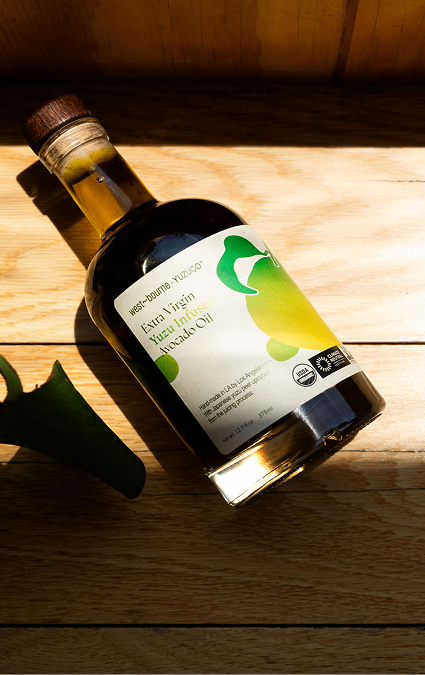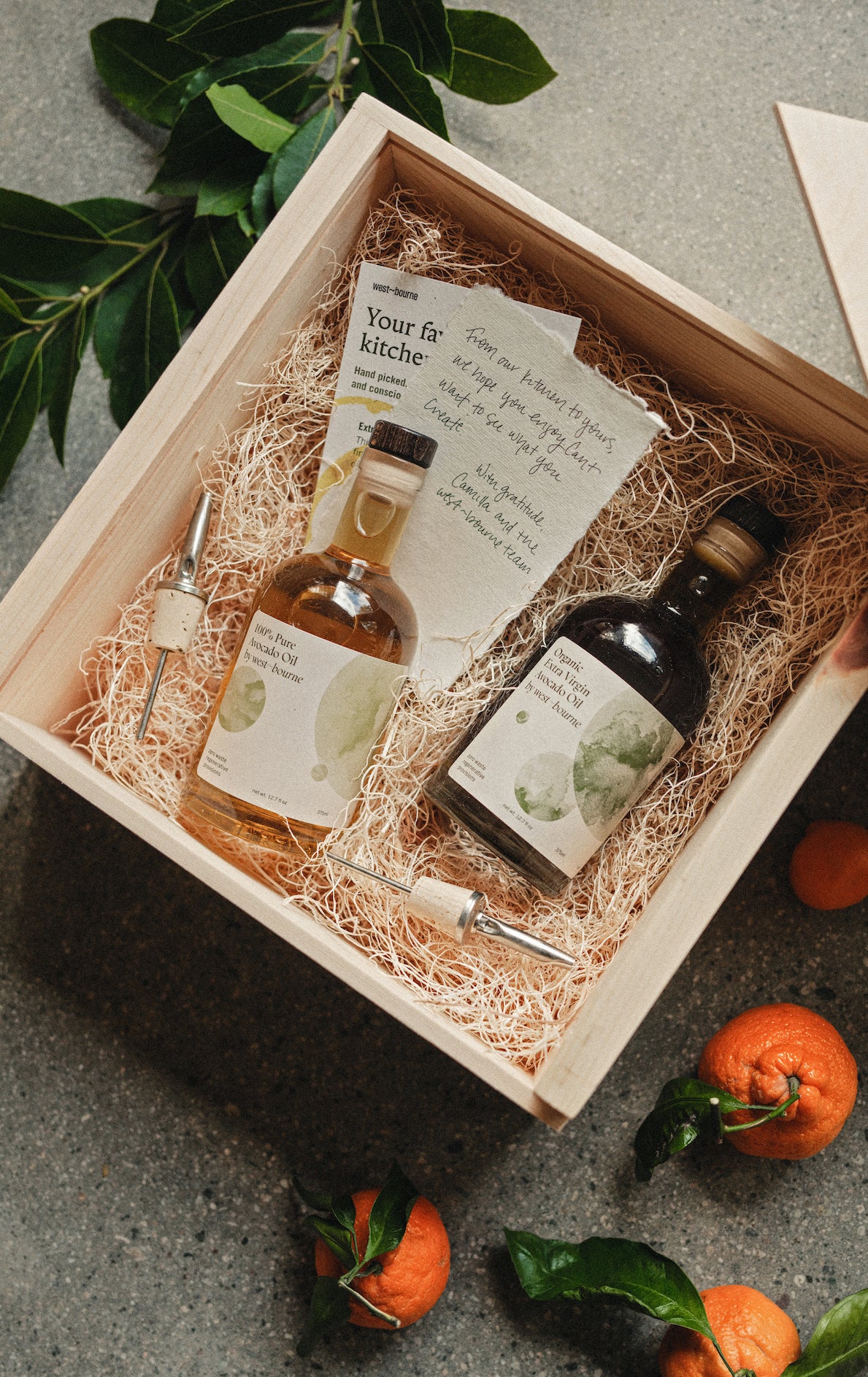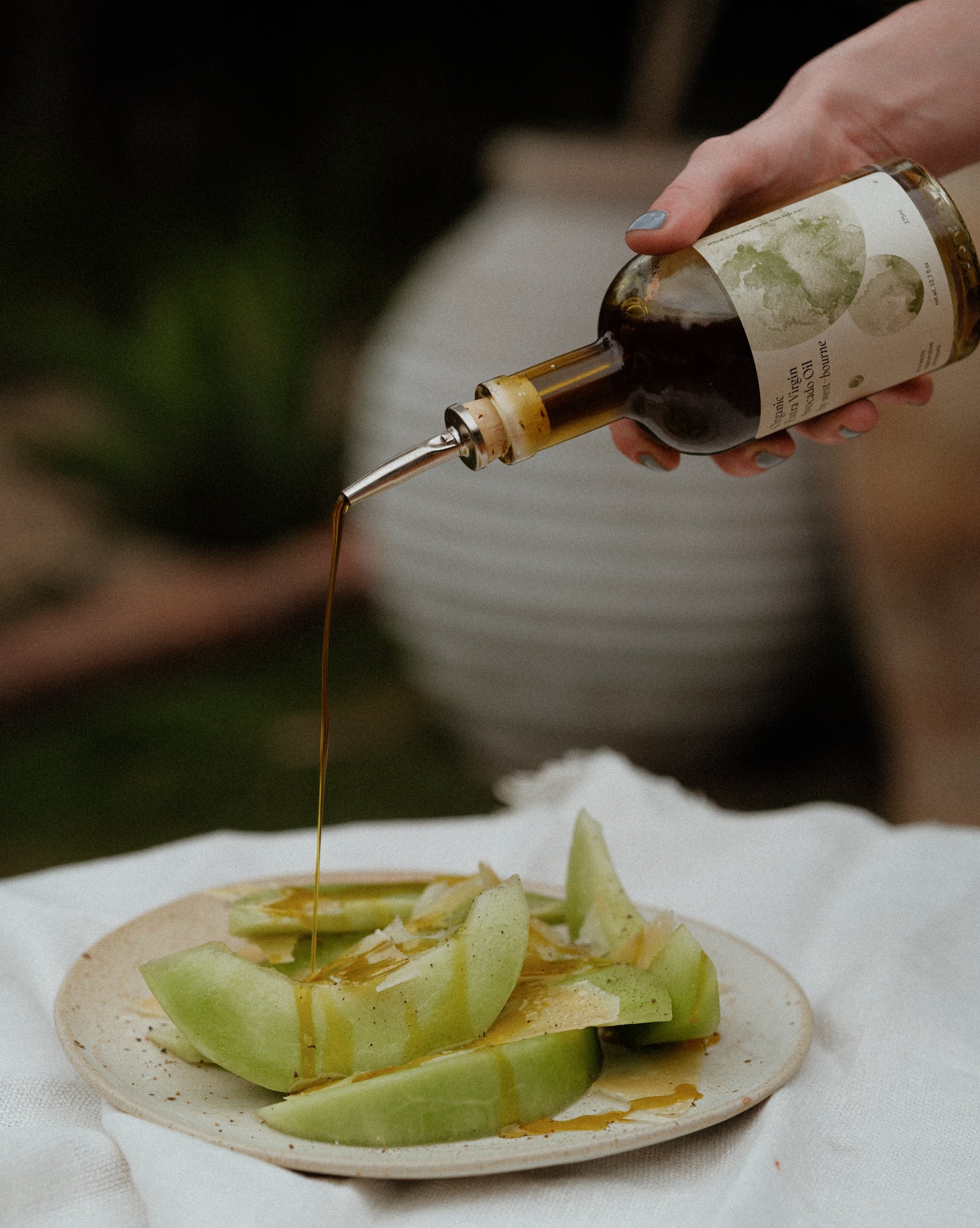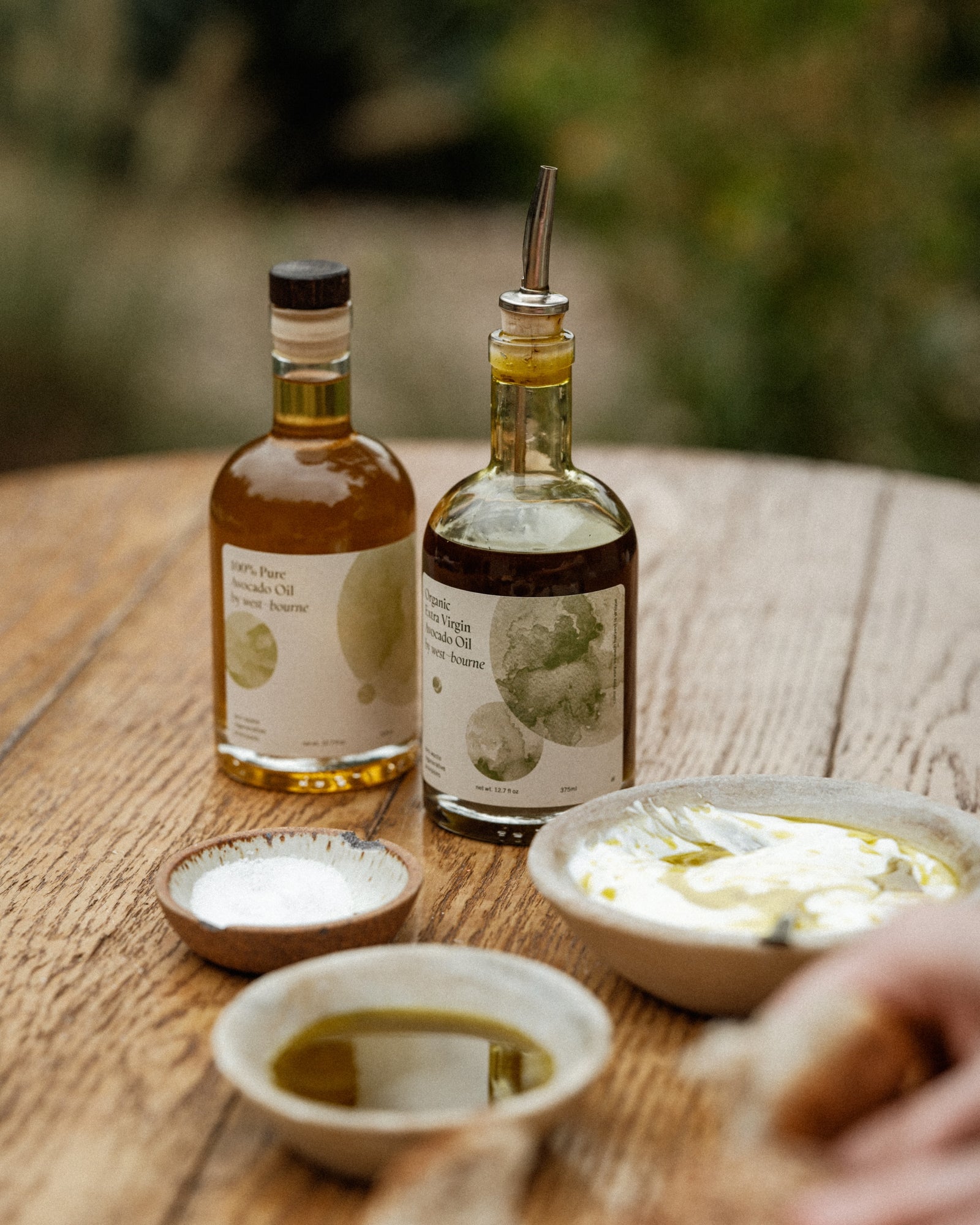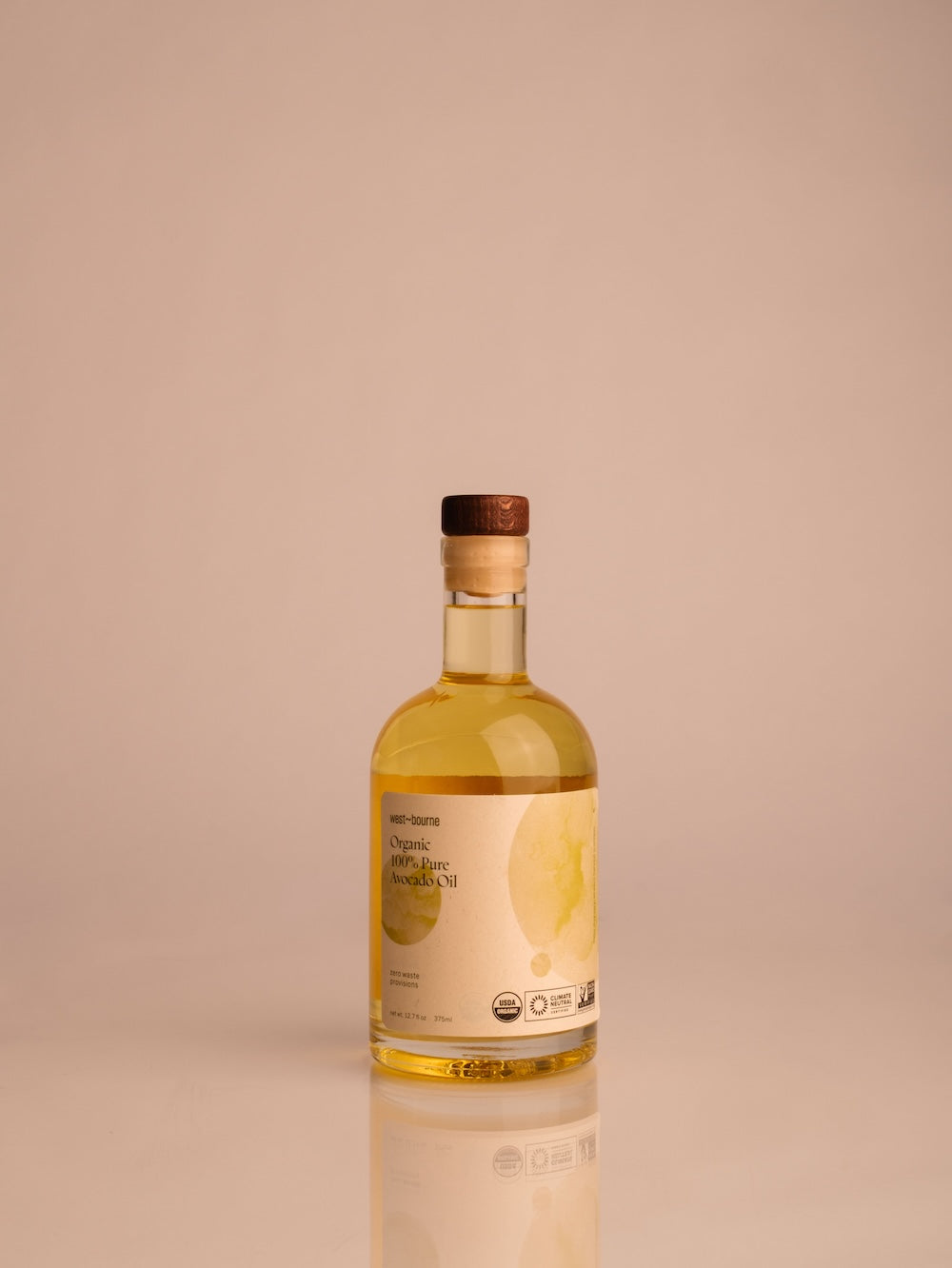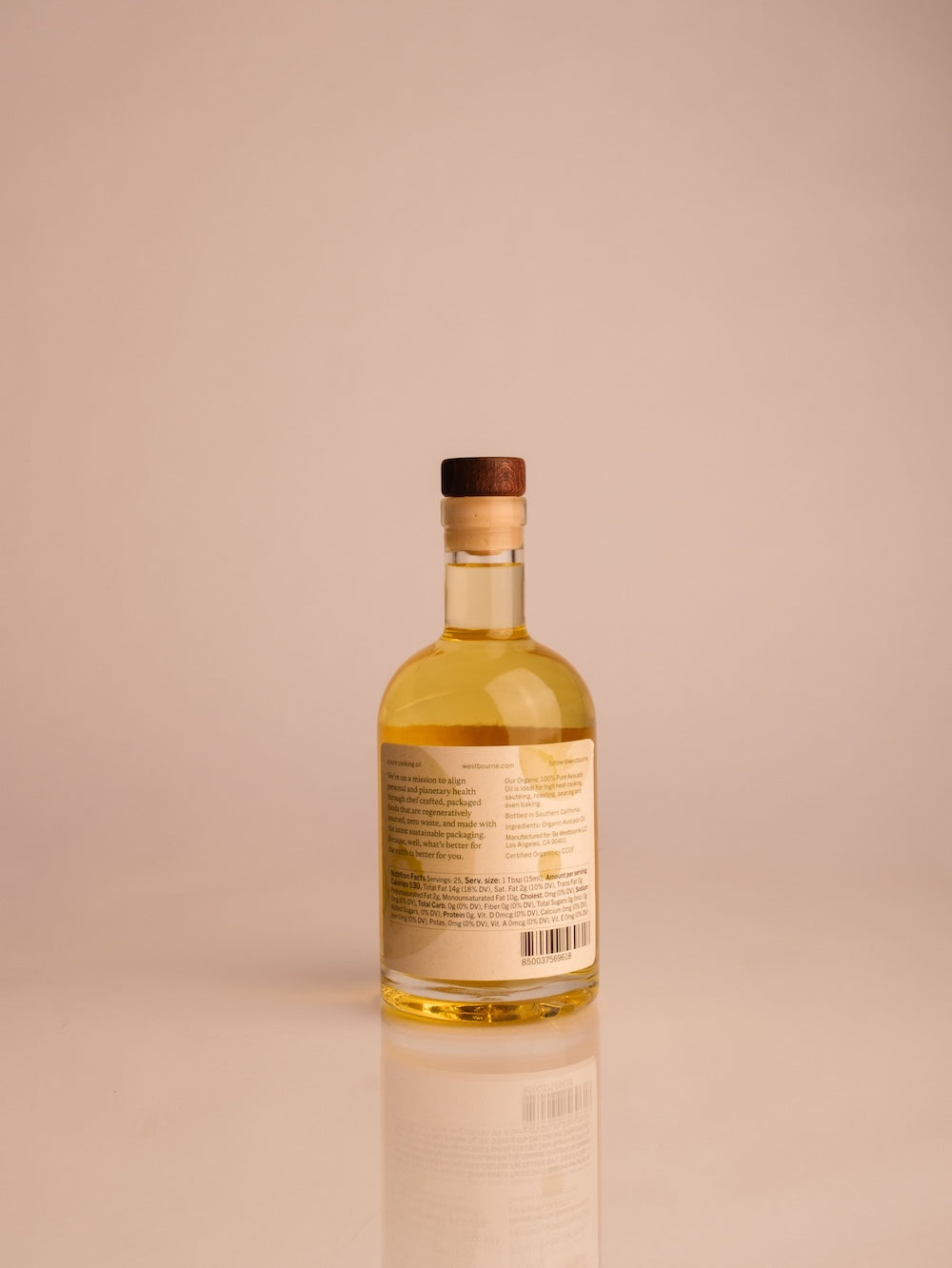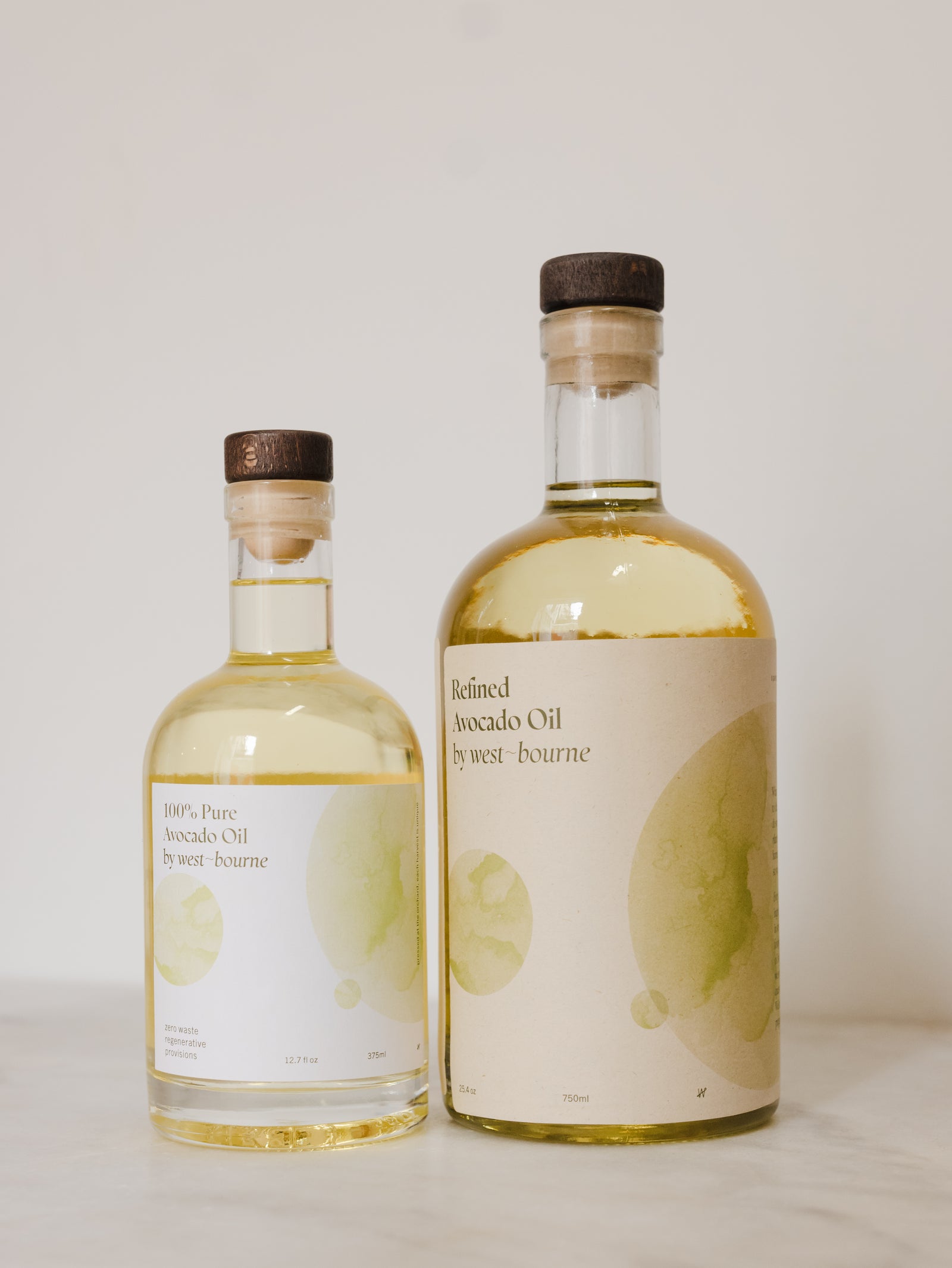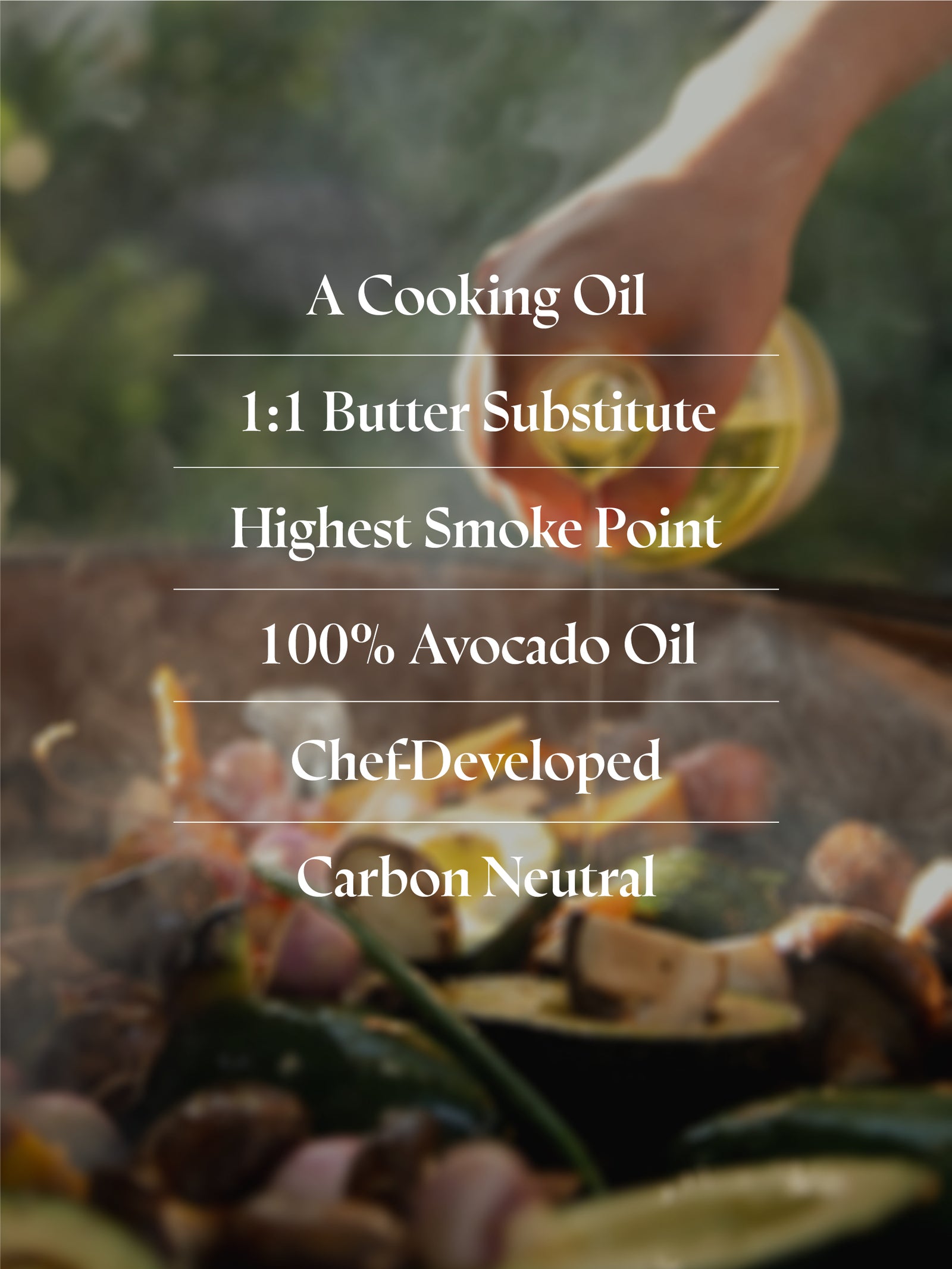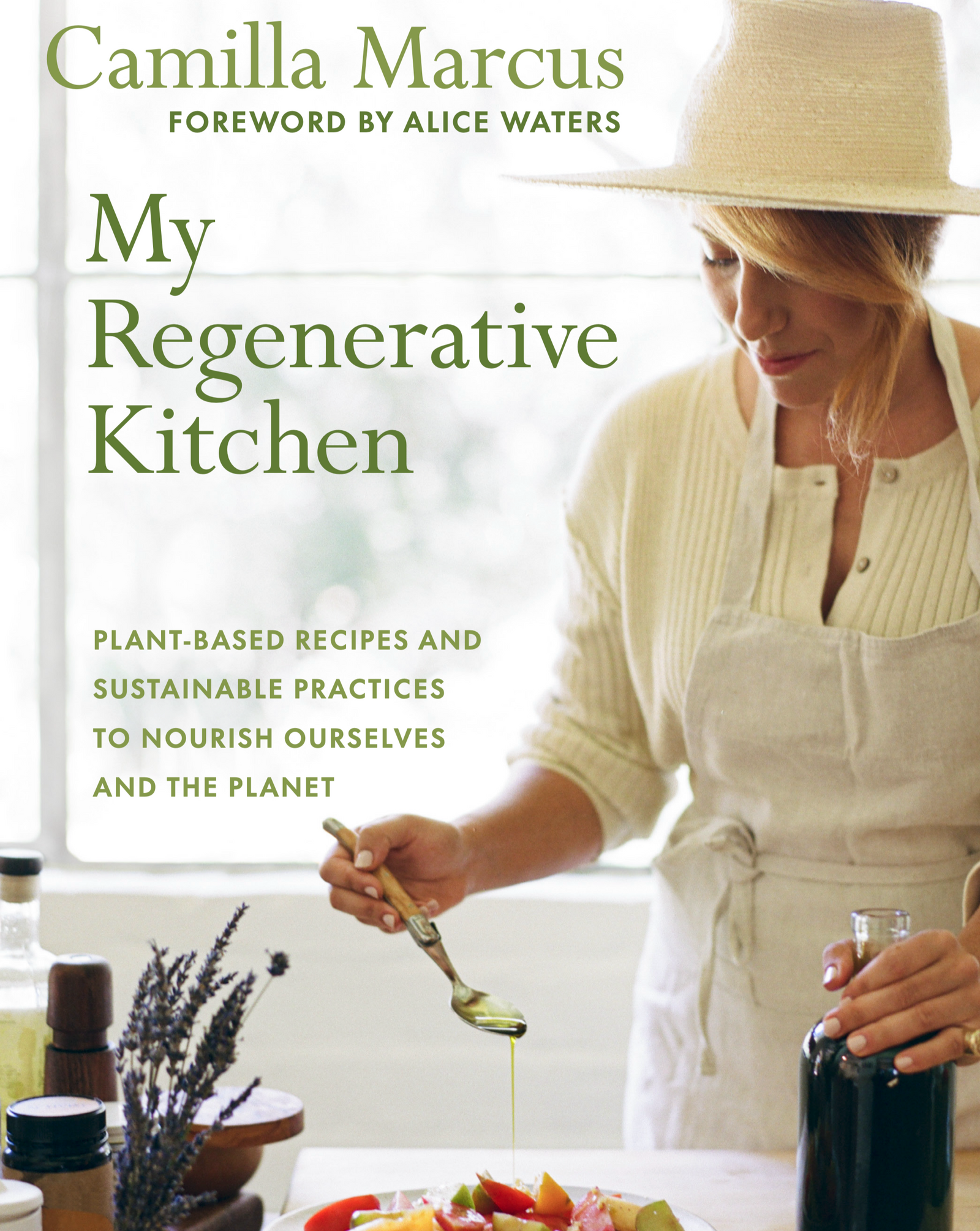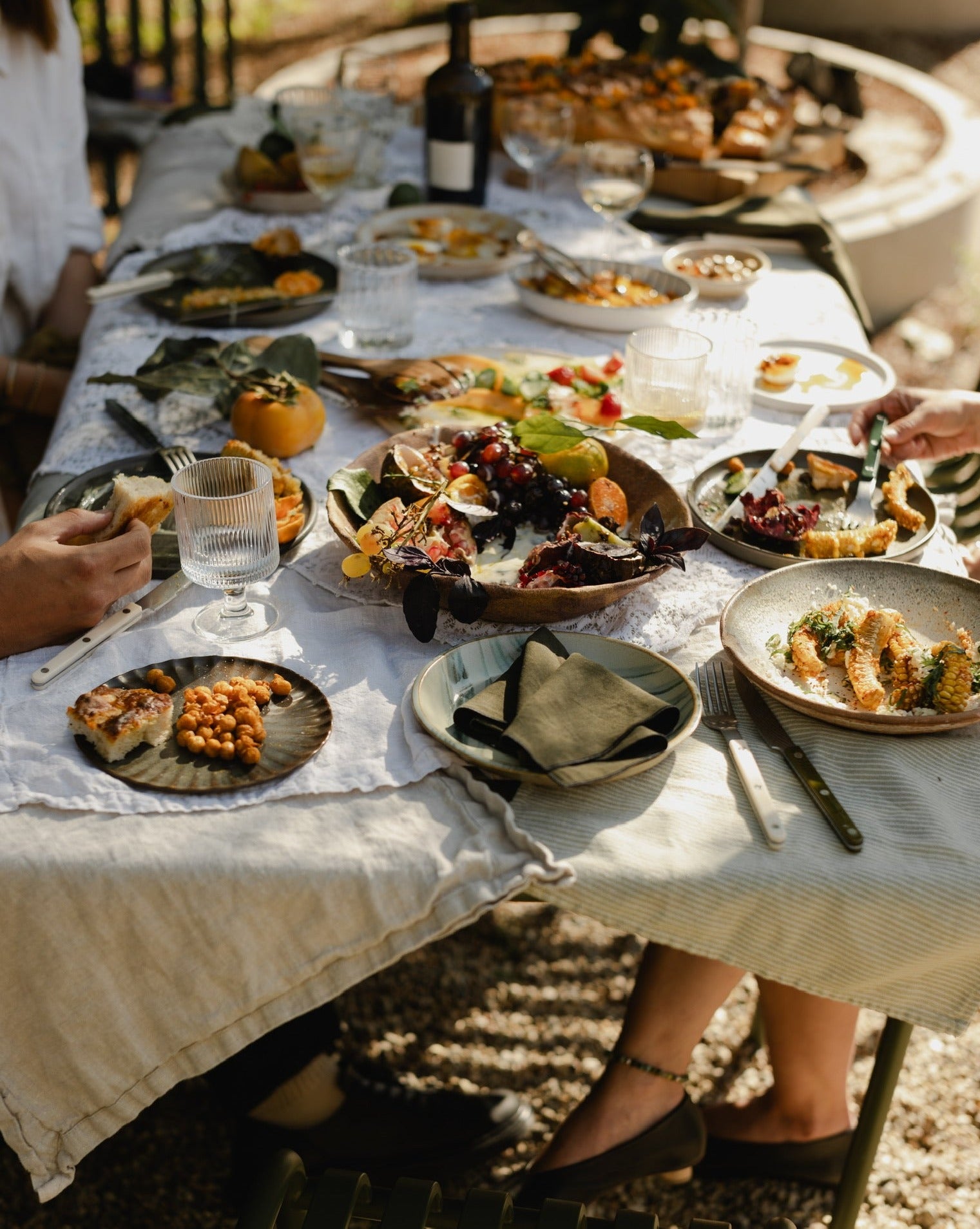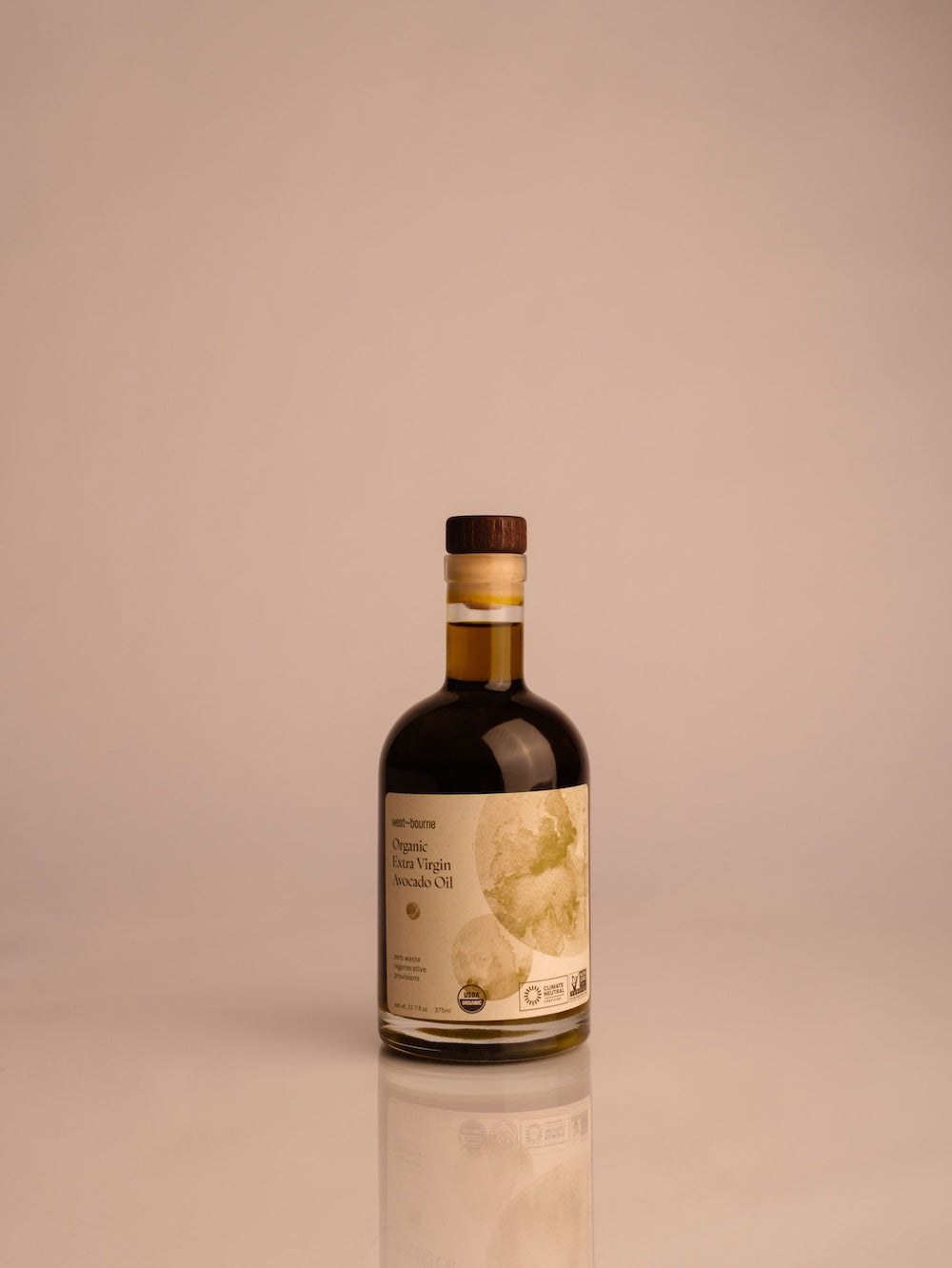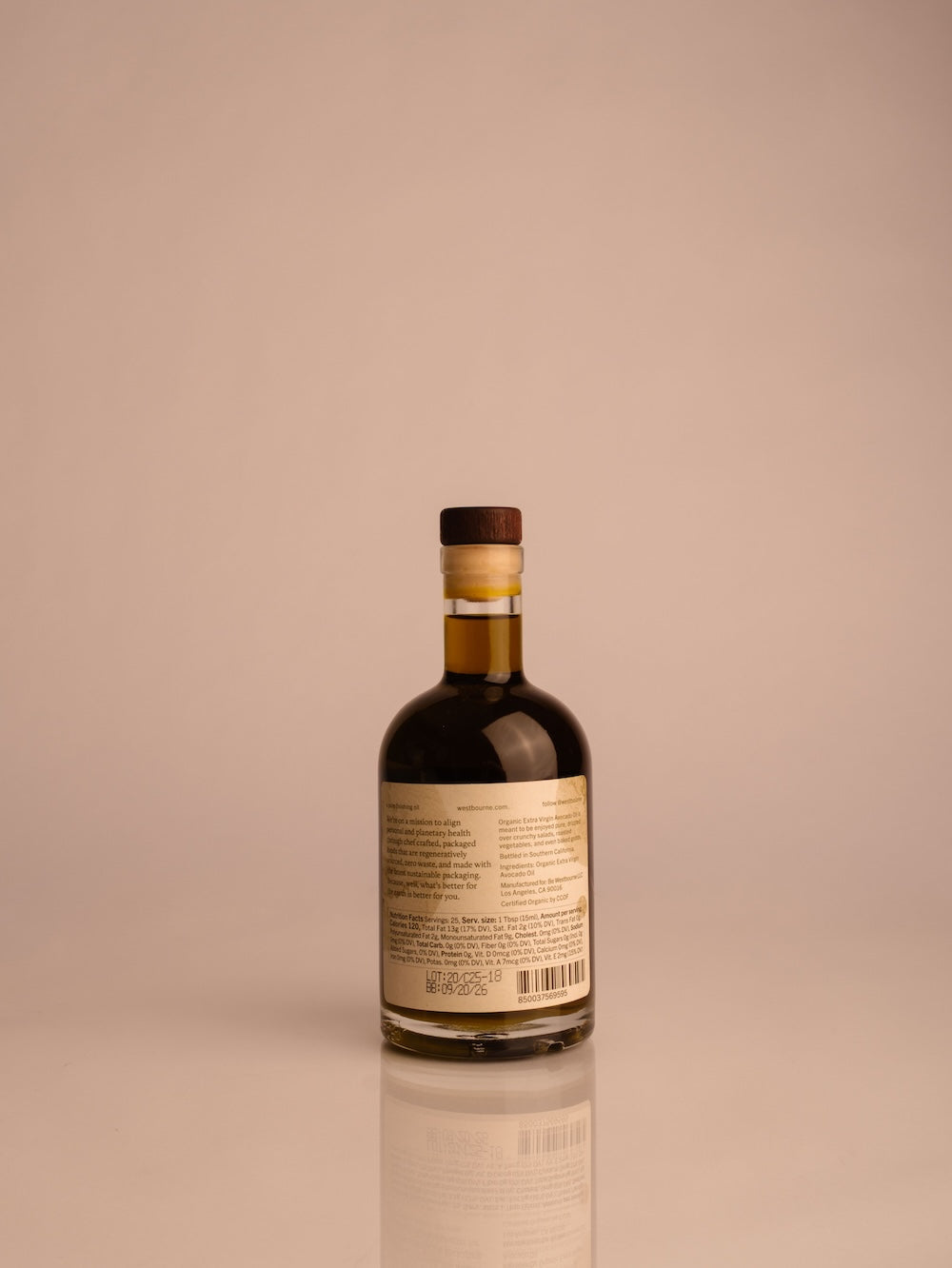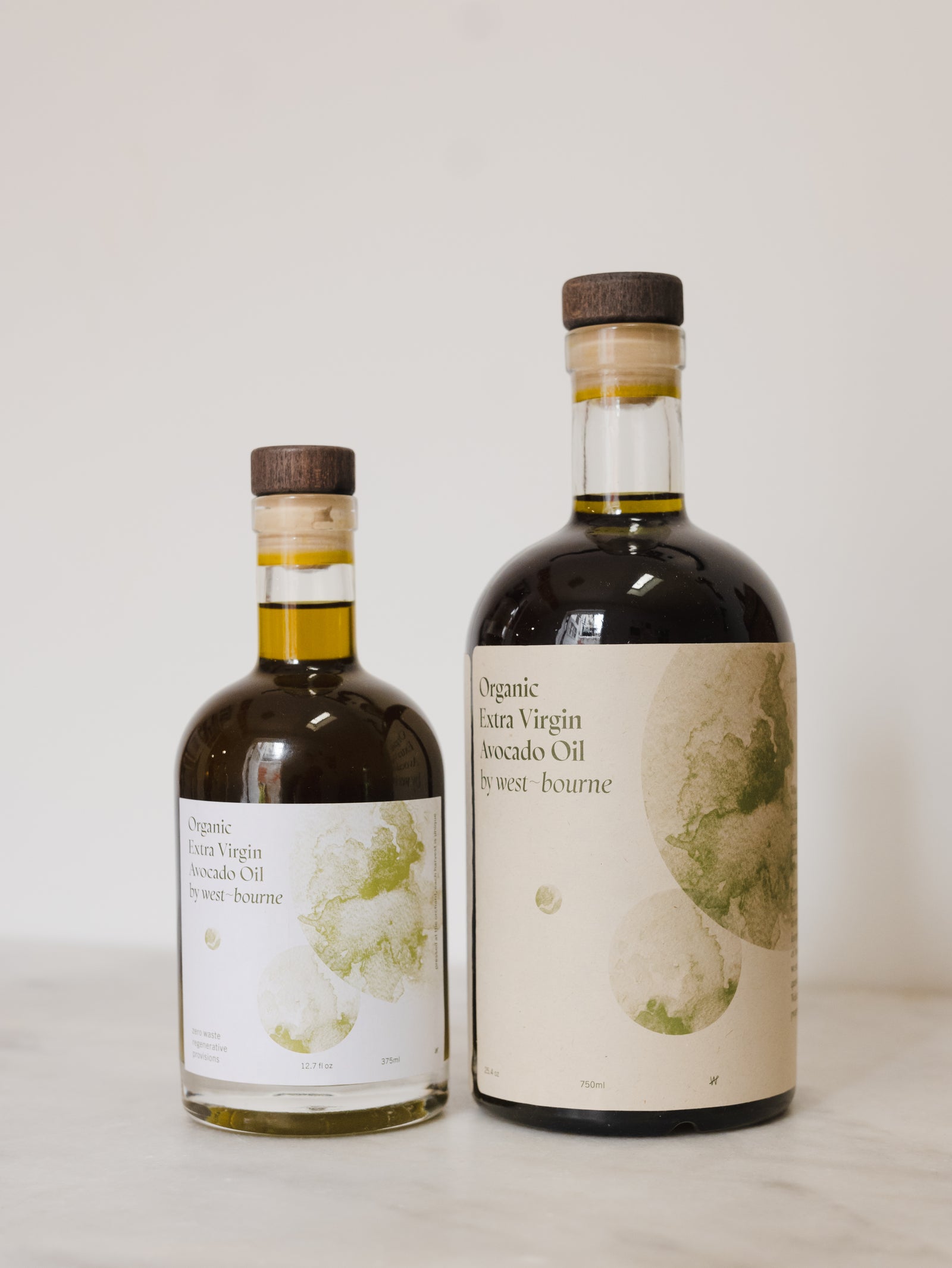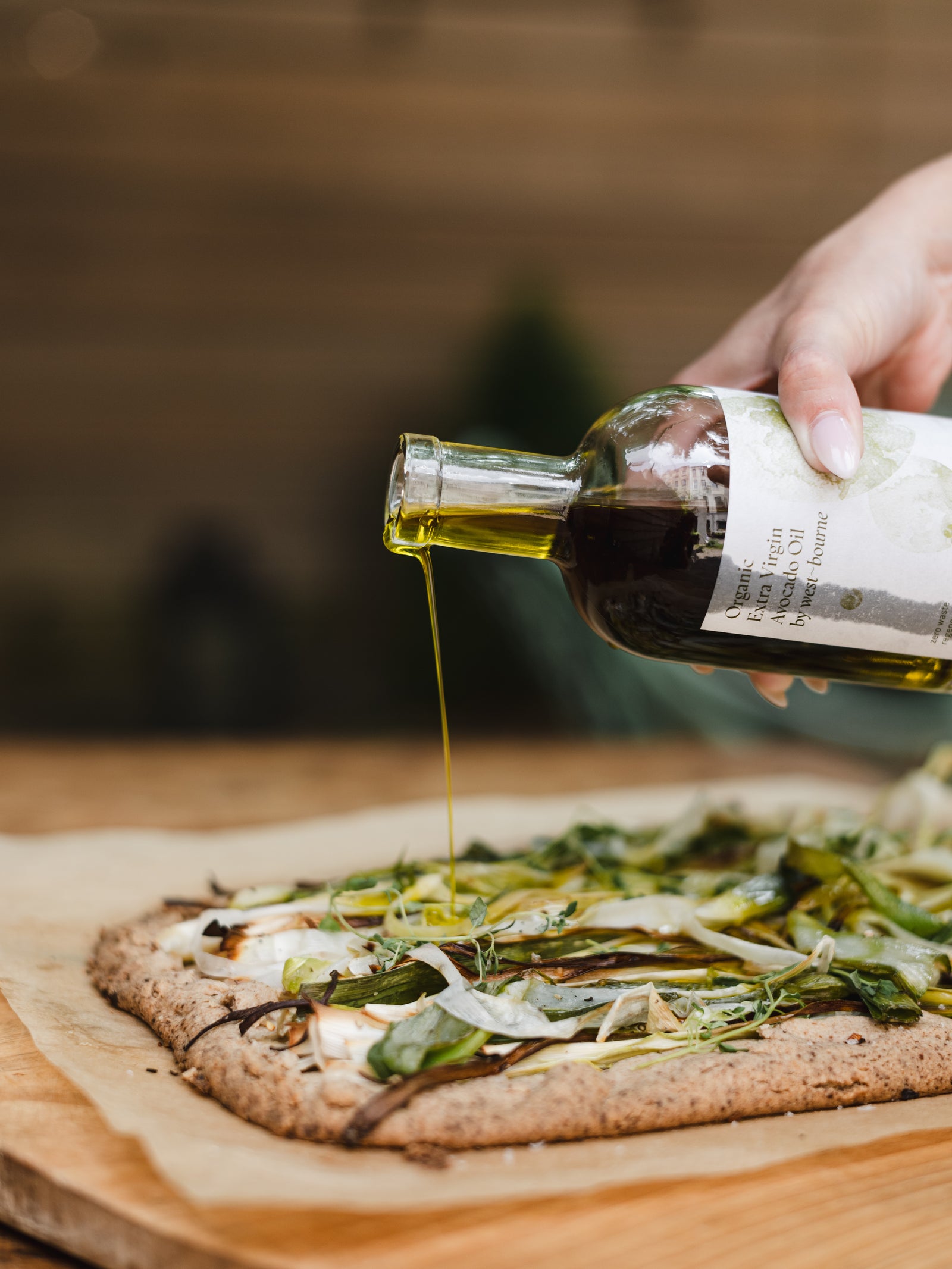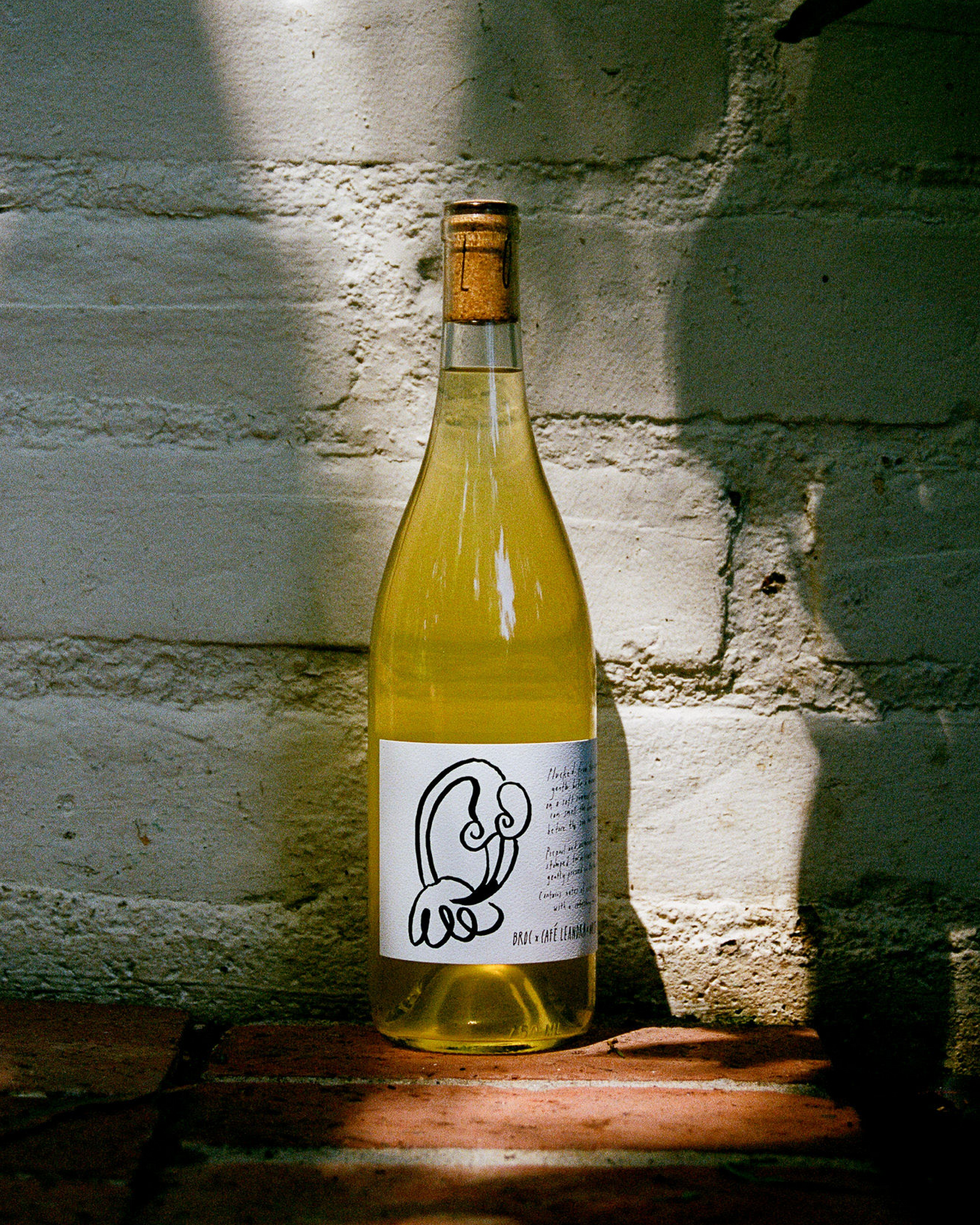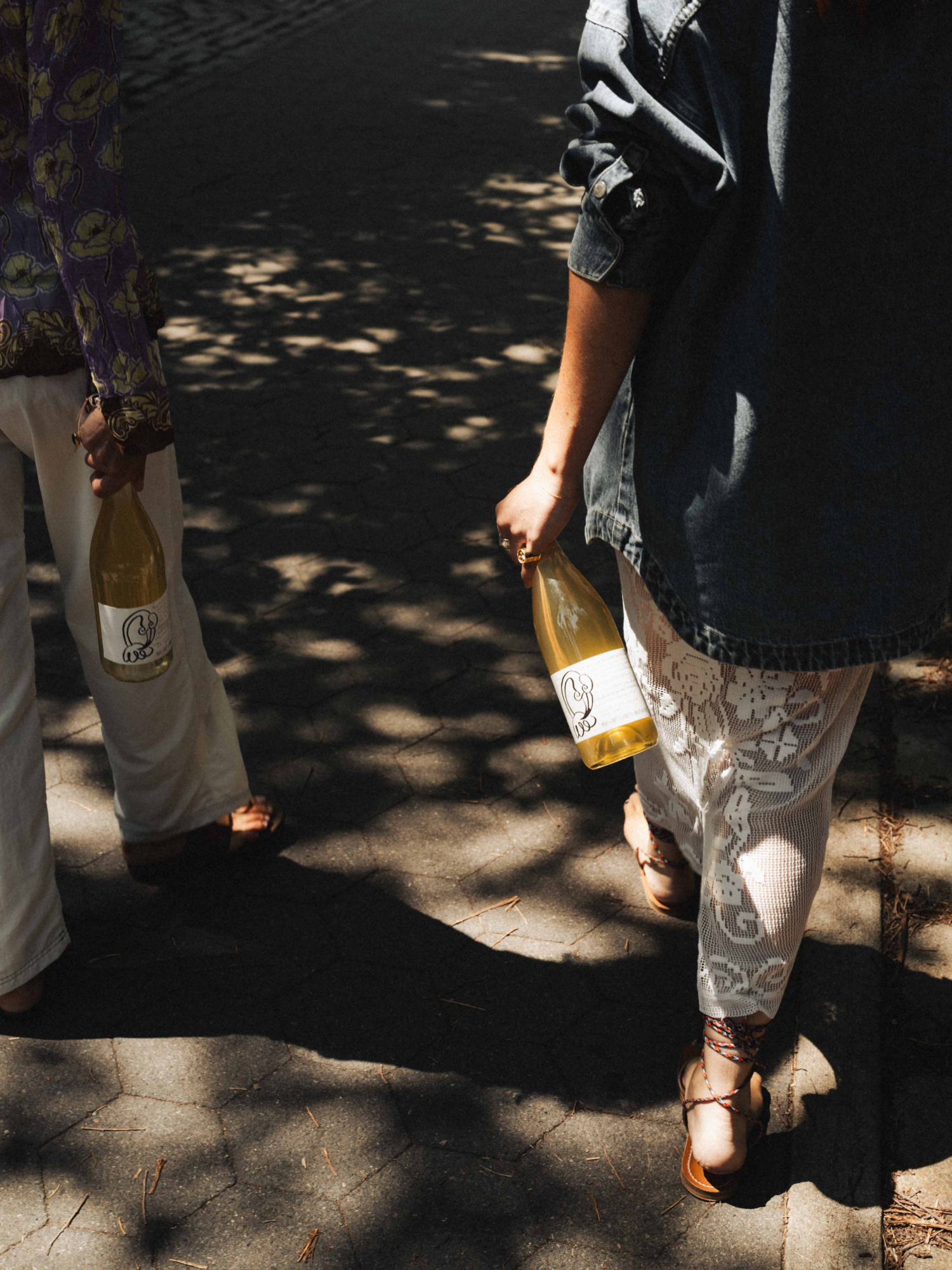Inside: My Regenerative Kitchen Cookbook
To my village, you know who you are.
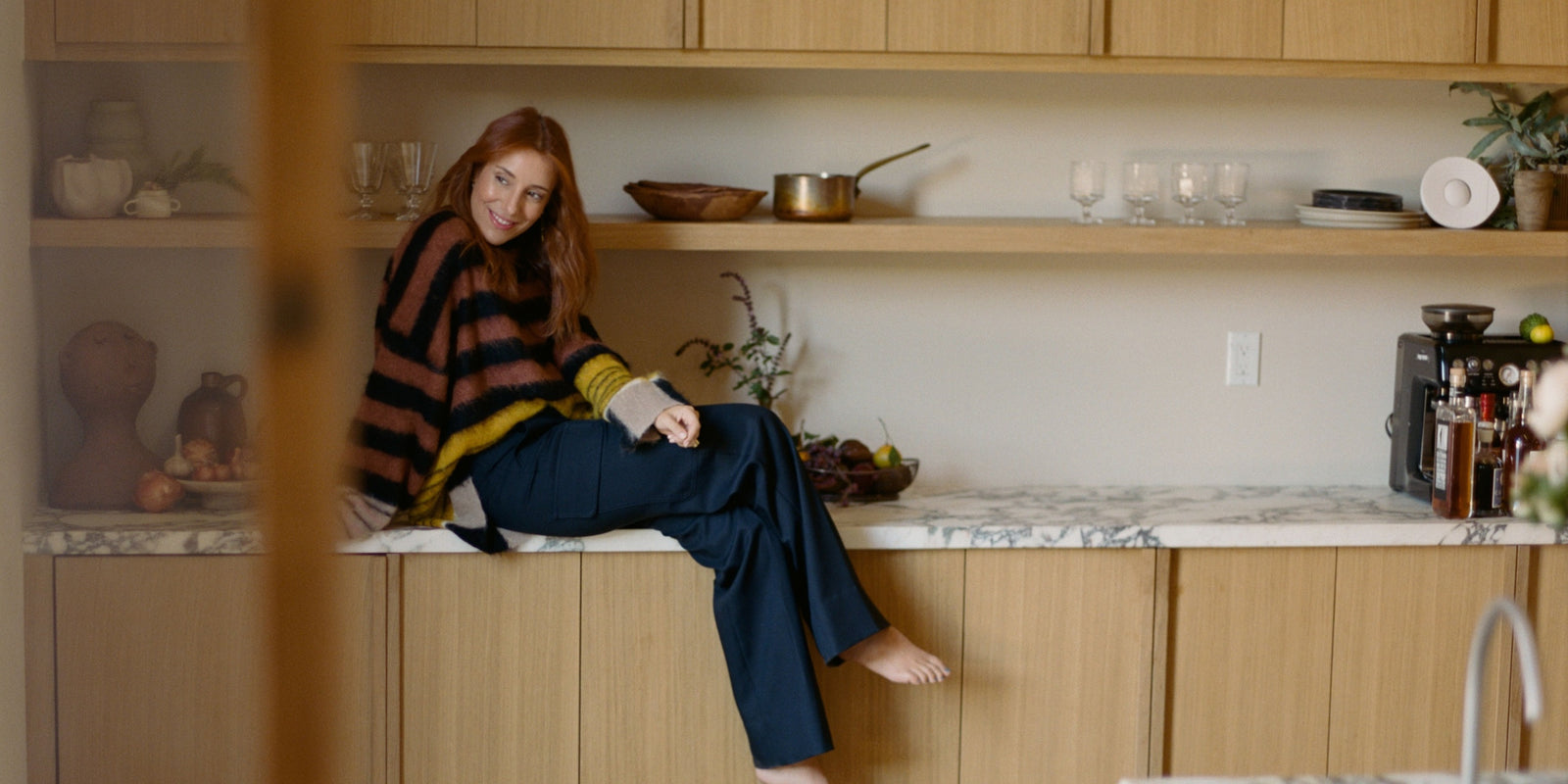
“We need to work with nature, not against it."-David Attenborough
When I was a kid, I wrote letter after letter (with the help of my parents) to my local representatives, to members of Congress, and even to the President urging consideration and changed policies with regards to environmental protection.No one told me at the age of nine that those efforts were useless or that my letters
would likely go unread by anyone of notable importance, and fortunately no one made me feel too small to raise my voice for an issue I cared about.In fact, my parents framed the generic, stock replies the government sent back, so that I would be proud to speak up.I am an activist at heart.I hear the word, activist, politicized and considered loaded.I’ve been asked to pull it from my bio on more than one occasion, in fact.Yet itsroot is in the wordactive.Being an activist means being willing to take a step in a different direction towards something that makes our collective lives better. To believe that individual actions can shift a paradigm and in turn influence and move people to do the same, creating a collective groundswell.
I’m the youngest and only daughter from a large family born and raised as a rare second generation Los Angeles native. My family came from New York by way of the midwest and then all the way to the Pacific Ocean.Moving west was about opportunity and a chance to live balanced with the environment. Audacityruns through my veins. My family roots all center on life sciences, focused on the future of human health, a constant conversation in our house.Wellness for yourself and the elements around you was theair we breathed.Living by the water with sprawl, I was born with an openness and craving for risks, and much less expectations than that of my two older brothers. The last on the totem pole in our ship, I was free to be a constant explorer who’s never done learning, a reflection of this new-ish American city with salty air that seems to remain crisp with the promise of a constant fresh start.In a family that wasn’t anchored in cooking,food somehow became my inherent love language, and I eagerly soughtinspiration anywhere I could find it. I begged to try just about every restaurant I could since a very young age, much to the surprise of my parents who indulged my quest despite being perplexed by it. There’s a lot that’s been said about the food scene in LA, but being raised in the heart of it, the food community and culture always felt layered, nuanced, and diverse.From Koreatown to taco trucks, to dumplings in San Gabriel Valley, to hidden Italian gems, to sushi and kaiseki in Little Tokyo and everything in between. Many restaurants that have stood the test of time in our town are family run operations with a care for quality and intimacy, and cooking here has the hallmark of deep reverence for ingredients.This is the terroir of this book’s ethos and tribute to the heartland of this nation’s agriculture.


California grows over a third of the country’s vegetables and nearly three quarters of the country’s fruits and nuts.The vast bounty of the west has instilled my innate sense of gratitude and awefor Mother Nature- inherently wild, rhythmically unpredictable, and magnificently monumental. Living with the land, not just on
it, is my Californian nature.Being a human of the earth-to listen, adapt and grow to live in balance with the planet as itebbs and flows. I am an Aries, Enthusiast and Manifesting generator-read: someone who could not bear to live a life of routine,-so, I thrive on the unexpected qualities of the earth when you’re never quite
sure what you’ll get. That spontaneity is a gift, rather than a limitation.The core beauty of life lies in the friction, those moments where discomfort and uncertainty spark an indescribable energy.It’s this friction that makes us human. We are flawed, imperfect, and constantly evolving, despite our potential urges tosmooth it all out uniformly.I live for that rush, and I thrive on not completely knowing what I might find at a farmer’s market and revel in the thrill of being creative and flexible in making substitutions or shifts in how I cook something based on whatI might have on hand or can procure from our growers.Cooking is about letting go and living with abandon.Find your way with what’s grown and release the instinct to exert control.It’s the very feeling I imagine musicians vibe on when playing jazz, not knowing where the notes and rhythm will lead or end up which is entirely the point of the experience. To be present, savoring the winding road of the process. While it might feel daunting at first, as is so often when we transform from routine, give yourself some grace and surrender to experimenting.With time and some trial and error, hopefully you too will find that sweet spot where you can find joy in adapting alongside nature as she wants and finding that not being in control can be both liberatingand inspiring.
When I was in culinary school at the French Culinary Institute we had the opportunity to operate a restaurant as part of the curriculum, L’Ecole.My first experience in a professional kitchen.I loved every aspect of the grit, intensity, smells, heat, and eclectic brigade.As an extreme sports enthusiast, my high octane, maximizing personality soared in the electric energy of chaos and order emanating from that environment.What struck me was that the vegetarian station instantly became my favorite rotation, despite being quite ignored by the rest of our crew.Most dismissed it or scowled during their forced rotation. Yet, it was the one place that the instructors and head chefs did not hand out recipes to follow.I was free from conformity, of repetition, and of being told what to do, for those brief nights of prep and service that I had my vegetarian domain.The catch was we didn’t get to pick what we had to work with, as it was largely stocked with whatever was leftover from the various teaching kitchens that day or week.One person’s trash, another’s treasure defined. No scripts and scraps-I was in heaven.I had to dig in deep and find ingenuity in what others discarded or overlooked.
Our core curriculum as it does with French cuisine centered on protein and butter predominantly.It was the experience of a lifetime to learn about new technology and to make a turducken on Thanksgiving with Dave Arnold and garnish scratch made tarts withprecious grace alongsideJacques Pépin.While certainly expanded my palette in ways I never thought possible and taught me invaluable techniques, I couldn’t shake the feeling that it was cheating a bit, an approach of a different era that didn't seem to reflect my current reality.Of coursea knob of butter will make a steak delicious.It was excessive and maybe sexy to an extent, yet it felt old school and rigid, not to mention completely sheltered from the imminent threats to our food system.The discord of recipes that hadn’t changed indecades, if not longer, fell flat for me. Where’s the ingenuity to learn ways to to progress the food system, to feed our planet, or to nurture our health?To bring the power of food into the current era where we need food to transform for our climate? That windowcracked open to me at the start of my career and has fueled my passion ever since. When I began my career in food and cooking, there were hardly any notable vegetarian restaurants and the regarded chefs were not revered for environmental perspectives.Lavish events had to have steak, seafood and caviar, and food magazines did not include plant based meals let alone a single dish that wasn’t a side in their holiday issues.Vegetables were not center stage, or in high regard. Now, Sophia Roe andMarcus Samuelsson prepared an entirely vegan dinner for the Met Gala.Amanda Cohen’s tour de force Dirt Candy has redefined fine dining. Hetty Liu McKinnon was the first to do an entirely vegetarian Thanksgiving spread for the coveted Bon Appétit holiday print issue in 2022.Just because it’s how it may have been does not mean it’s how it has to or will be.We can flip the script, or dare to run without a script at all.


Like the ethos of the recipes and culinary style, I chose film photography to capture everything just as it is, raw and unedited reality in all its messiness. Like Mother Nature. When the slowness of an intentional process is honored and embraced.When consistency and immediacy are overrated. When not knowing exactly what will be can illuminate.Res ipsa loquituris my husband’s mantra-Latin for the thing speaks for itself. Giving space and acceptance to let things be what they are.I’m not sure I know of a cookbook at least recently that was shot on film, and I’m not entirely certain of why.I picked a photographer, Ben Rosser, who I’ve been collaborating with for over a decade, but who has never shot a cookbook before. We had no idea how theshots would turn out, surrendering to the unpredictable power of the medium. We trust one another and the process to receive and share something unique unto itself, unfiltered.
This book is about being so progressive that we go back in time, before the industrial revolution and find innovation in tradition, how nature intended.The data and reality are clear: our top soil has eroded, threatening our ability to grow food on productive land, our atmosphere is warming at alarming rates, and we are running out of options for waste disposal.The climate crisis is here and looming-good news is we can do something about it.


We make more decisions about what we eat and drink in our daily lives than almost anything else.Every single humanhasto eat and drink to survive and thrive, and it’s where we focus a vast majority of what we spend.So, imagine if little by little, those decisions shifted to be more impact and purpose oriented.What if what we chose, daily, was made through the perspective of how we could support climate solutions from our homes and kitchens?Release the draw to buy perfect seeming produce year round in plastic packages at our grocery stores. Reconsider cooking without regard for waste in search of a pristine preparation. Try new ingredients or change a menu based on what we can find.Radically give up control.Imagine the ripple
effects. Consider how systems, policies, and our culture would transform as these small decisions every single day moved one by one, human by human, little by little, regularly and consistent new behaviors compound and grow to have a tremendous collective impact.It’s not only possible, it’s already happening.
You too can be a radical, by letting go of how it’s been done.An agent of change-as a citizen, as a consumer, and as a cook.It just takes one step.Followed by another.I’m not here to coax you into becoming a full time vegan, unless you want to.I am here to give you about a hundred dishes to choose from to integrate more vegetarian and plant based cooking into your routine and to bring a climate
consciousness to how you source and prepare food in your home, whether personally or when hosting.They are approachable and delicious, that I can assure you. Maybe over time, they might shift from being your kitchen side hustle to a daily practice. Through stories, photography, research, recipes, techniques, and pro tips, this book seeks to be an inspiring guide for your personal journey to radically let go and regenerate our earth through how you live, cook, eat, and gather every day. When we honor our earth, we nurture our own health-the true meaning of regeneration.Finding harmony between our soiland soul. Small shifts-together
-building a big impact.Welcome to the collective work in progress-ever evolving and always in pursuit.
